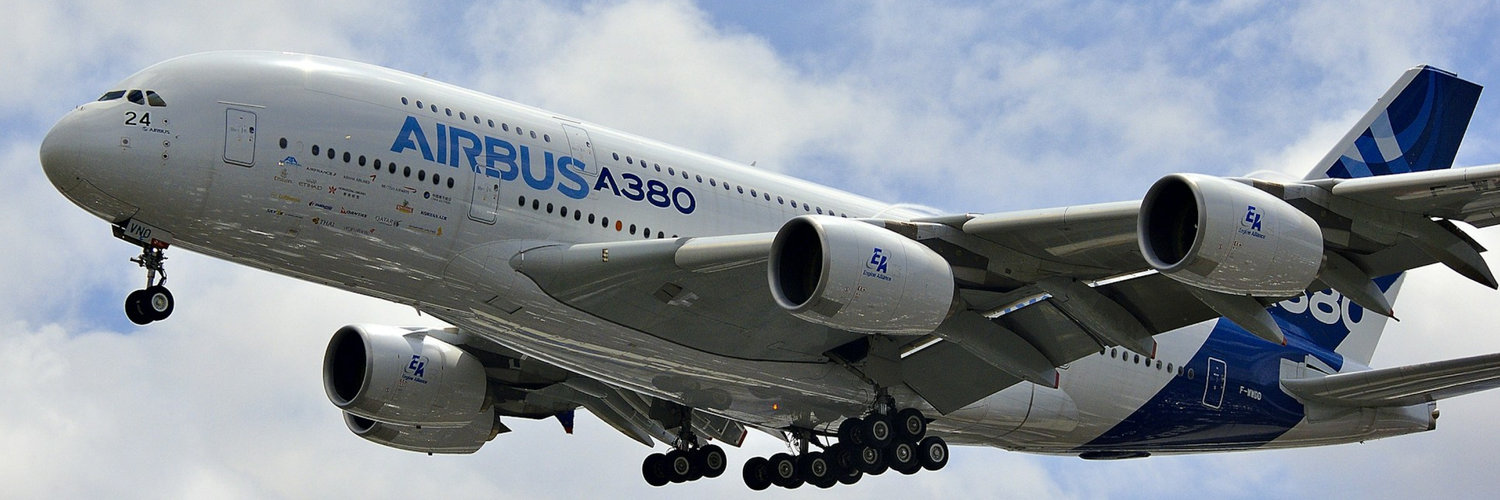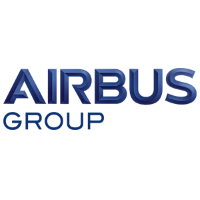

Airbus SE
PAR:AIR

Intrinsic Value
The intrinsic value of one
 AIR
stock under the Base Case scenario is
hidden
EUR.
Compared to the current market price of 189.74 EUR,
Airbus SE
is
hidden
.
AIR
stock under the Base Case scenario is
hidden
EUR.
Compared to the current market price of 189.74 EUR,
Airbus SE
is
hidden
.
Valuation History
Airbus SE

AIR looks overvalued. Yet it might still be cheap by its own standards. Some stocks live permanently above intrinsic value; Historical Valuation reveals whether AIR usually does or if today's premium is unusual.
Learn how current stock valuations stack up against historical averages to gauge true investment potential.

Let our AI compare Alpha Spread’s intrinsic value with external valuations from Simply Wall St, GuruFocus, ValueInvesting.io, Seeking Alpha, and others.
Let our AI break down the key assumptions behind the intrinsic value calculation for Airbus SE.
Fundamental Analysis
Revenue & Expenses Breakdown
Airbus SE

Earnings Waterfall
Airbus SE

The intrinsic value of one
 AIR
stock under the Base Case scenario is
hidden
EUR.
AIR
stock under the Base Case scenario is
hidden
EUR.
Compared to the current market price of 189.74 EUR,
 Airbus SE
is
hidden
.
Airbus SE
is
hidden
.


